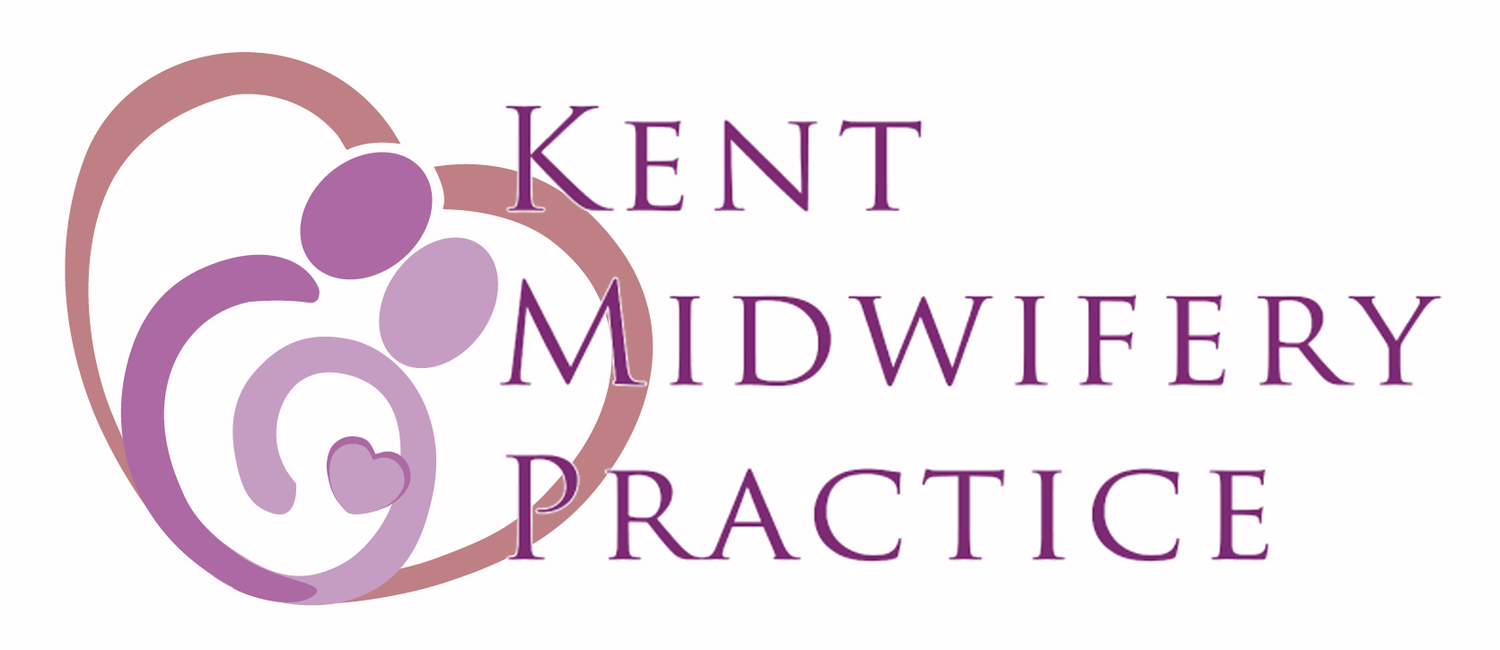Vitamin K is naturally found in the human body and protects against bleeding by helping the blood to clot. For reasons we do not know babies are born with very little Vitamin K but begin to produce it once they are feeding regularly.
There is a risk that a baby could develop a condition known as vitamin K deficiency bleeding (VKDB). The baby may bleed from its cord or nose or have unexplained bruising that if not treated could lead to impaired lifelong health or even to them dying. The treatment is an injection of Vitamin K.
In the UK it is recommended that all babies receive vitamin K at birth either by an injection or by oral drops. The Department Of Health (DOH 1998) recommends Vitamin K due to it being a very effective prevention of VKDF between 24 hours and 7 days old. Earlier or later bleeding is not protected by prophylactic vitamin K and more likely to be associated with an underlying medical condition.
That does not mean however that you have to consent to your baby having it. Just like many decisions you will have to make throughout your Childs life, it is your choice.
The risk of your baby having this condition is approx 1:10,000. The recommendation that your baby has vitamin K is considering that the one baby who becomes ill or dies could be yours. However it is much more likely that your baby will be one of the 9,999. If that is the case he or she has received a substance it does not need into a stomach or body not designed for it and may also have been subjected to a painful injection.
If you do not breast feed your baby it will receive vitamin K in the formula as it is added by the manufacturers. However if Vitamin K is indeed required in the newborn as an added extra, at present the correct dosage is unknown. There is also no current evidence relating to long term effects of over dosing.
We do not know why babies are born with low levels of Vitamin K. We need to consider if it is a failure of nature or a well intended design? There have been no follow ups of babies whose parents declined Vitamin K.Pregnant women can increase their levels of Vitamin K by eating food such as spinach, lettuce, cabbage broccoli, cereals, dairy products, eggs, kiwi fruits, bananas, avocado and soybeans.
Kent Midwifery Practice
Birth Stories
Featured
We had high expectations of an independent midwife and Kay Hardie exceeded them! Kay was very supportive and caring, and her confidence gave me/us confidence. We were impressed with Kay in so many ways, and it is difficult to find words to express it all in a review.
Thank you for supporting my decisions to hypnobirth and welcoming Lyndsey into our birth team. Both Lyndsey and Anna (my homeopath) cannot speak more highly of you and rightly so in my opinion.
I just want to thank you for such a truly memorable experience. I had the most amazing pregnancy and birth. Having you as my independent midwife was such a wonderful experience that Nathan and I will never forget. The day Sienna entered the world I will never forget.

